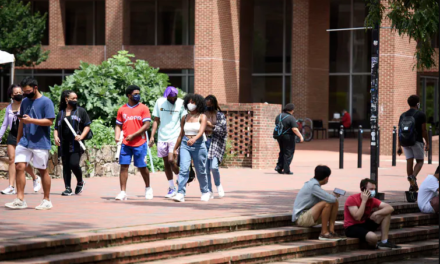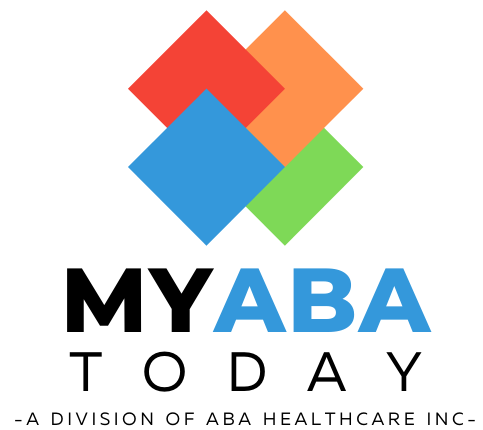As a society, we know what to do to stop the spread of COVID-19. We need to wash our hands, practice social distancing, and wear a mask. But society by and large doesn’t know how to get people to actually do these things. The medical community simply recommends “education” which behavioral scientists know is not enough. In a previous article, we go into detail as to why our language actually prevents “education” from changing behavior. Most people know what to do, they just don’t do it.
Big tech companies have tried to tackle the pandemic through apps. However, most such apps focus on contact tracing and are fraught with obstacles. Needless to say, few are actually focusing on changing behavior.
However, behavioral psychologist Dr. Tim Ludwig, best known for his work in Organizational Behavior Management and Behavior-Based Safety, is disrupting the space with help from psychology students at Appalachian State University.
The app, called Habitood, helps to promote preventative COVID-19 habits, such as social distancing, mask-wearing, and hand washing. After downloading the app, users join teams based on their physical location. Healthy habits are promoted through peer-based reinforcement, and data is anonymous.
The team seeks to keep students on campus while protecting the community using basic behavioral principles coupled with 21st-century mobile technology.
According to Appalachain Online, “data collected from the app over the first week has shown that the biggest risk is social distancing when unmasked in dorms and apartments around people who don’t live there.”
Do you think merging mobile technology and behavioral principles can be effective for your community?









